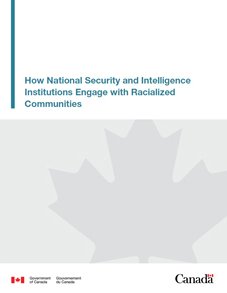By: Laura Castillo-Page
We are pleased to share the third Office of Diversity and Inclusion (ODI) Annual Report. The National Academies of Sciences, Engineering, and Medicine (the National Academies) established the ODI in 2021, and the ODI released its first Annual Report in 2022. This year’s Annual Report documents continued institutional efforts to build momentum in the ODI’s implementation phase—which began with the launch of its inaugural, comprehensive 5-year DEI Action Plan in 2023—to further advance diversity, equity, and inclusion (DEI) at the National Academies.
In the midst of shifting social and political contexts around DEI, our commitment to upholding the values of DEI in National Academies’ programs, policies, and products remains steadfast. As an organization, we have reaffirmed our commitment to DEI, antiracism, and accessibility by publishing an updated, more robust DEI statement and new guiding principles to consider in all of our work at the National Academies. Putting our commitment into practice, we have prioritized four domains of our DEI
Action Plan:
Measuring progress on our DEI goals and objectives
Strengthening staff development and capacity
Increasing diversity in programmatic activities
Promoting communications and transparency
To advance our work in these four areas, the ODI has fostered internal and external partnerships as well as drawn from evidence-based strategies and best practices in the science, technology, engineering, mathematics, and medicine (STEMM) fields.
This Annual Report highlights the milestones, projects, and activities achieved in partnership with our colleagues and partners in 2023–2024 and outlines goals for the upcoming year. With the implementation of our DEI Action Plan in full swing, our efforts focus on building momentum, taking advantage of timely opportunities, and adapting to the changing needs of the institution by creating new tools and enhanced capacity. In partnership with the National Academies’ units and divisions, the ODI has made significant progress toward its DEI goals and applied lessons learned to better position the organization to fulfill its mission of providing objective analysis and advising the nation on complex issues facing society and the world. We look forward to continuing our journey of learning and improvement, shared responsibility, and collective impact toward a more diverse, equitable, and inclusive National Academies.
The National Academies Press 2024



